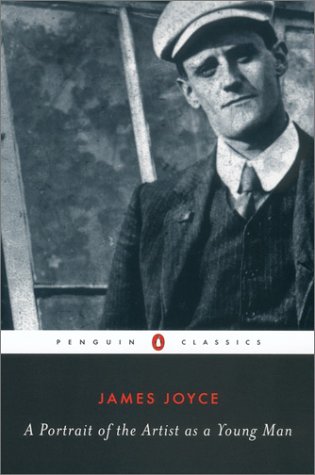 There's a good argument for suggesting that activists and artists shouldn't spend their weekends hanging out together at the Whitechapel Gallery. (See yesterday's asking around.)
There's a good argument for suggesting that activists and artists shouldn't spend their weekends hanging out together at the Whitechapel Gallery. (See yesterday's asking around.)
This argument might take the James Joyce approach1: art stops time ('aesthetic arrest'). It has no purpose other than itself. Art that tries to titillate turns into pornography; art that tries to motivate turns into propaganda. To give art some ulterior purpose is to distort it.
Or the argument might take the Chekhov approach: it isn't the artist's job to solve the problems of society. It is the artist's job to state the problems correctly.
(Chekhov was a proto-environmentalist not because he was an activist, but because he was highly alert to 'the collisions in our lives between nature and culture'.)
Two immediate problems face the artist-as-activist. The first was raised by Philip Pullman at last year's Tipping Point in Oxford when he said an artist is simply not in control of how his or her work is received. People make of it what they will.
The second problem for the artist-as-activist is highlighted in Anthony Lane's New Yorker piece about David Lean. If the artist is any good, the work has its own imperatives2. The piece quotes Celia Johnson in 1943, writing from the set of the wartime propaganda movie This Happy Breed and noting, 'No one appears to take the faintest interest in the war.' Lane writes the director was 'content to make films with propaganda value, but the shape of the film at hand was what absorbed him.'
1 In A Portrait of the Artist as a Young Man, the high-minded Stephen Dedalus distinguishes between 'stasis' and 'kinesis': 'Desire urges us to possess, to go to something; loathing urges us to abandon, to go from something. These are kinetic emotions. The arts which excite them, pornographical or didactic, are therefore improper arts.' (p222, Penguin Classic)
2 Or, as Brecht wrote to Walter Benjamin, 'I think too much of artistic matters, of what might be good for the theatre, ever to be completely serious.' (quoted in Double Act by Ira Nadel, p132)
Phantom codes could help quantum computers avoid errors
-
A method for making quantum computers less error-prone could let them run
complex programs such as simulations of materials more efficiently, thus
making t...
8 hours ago










No comments:
Post a Comment